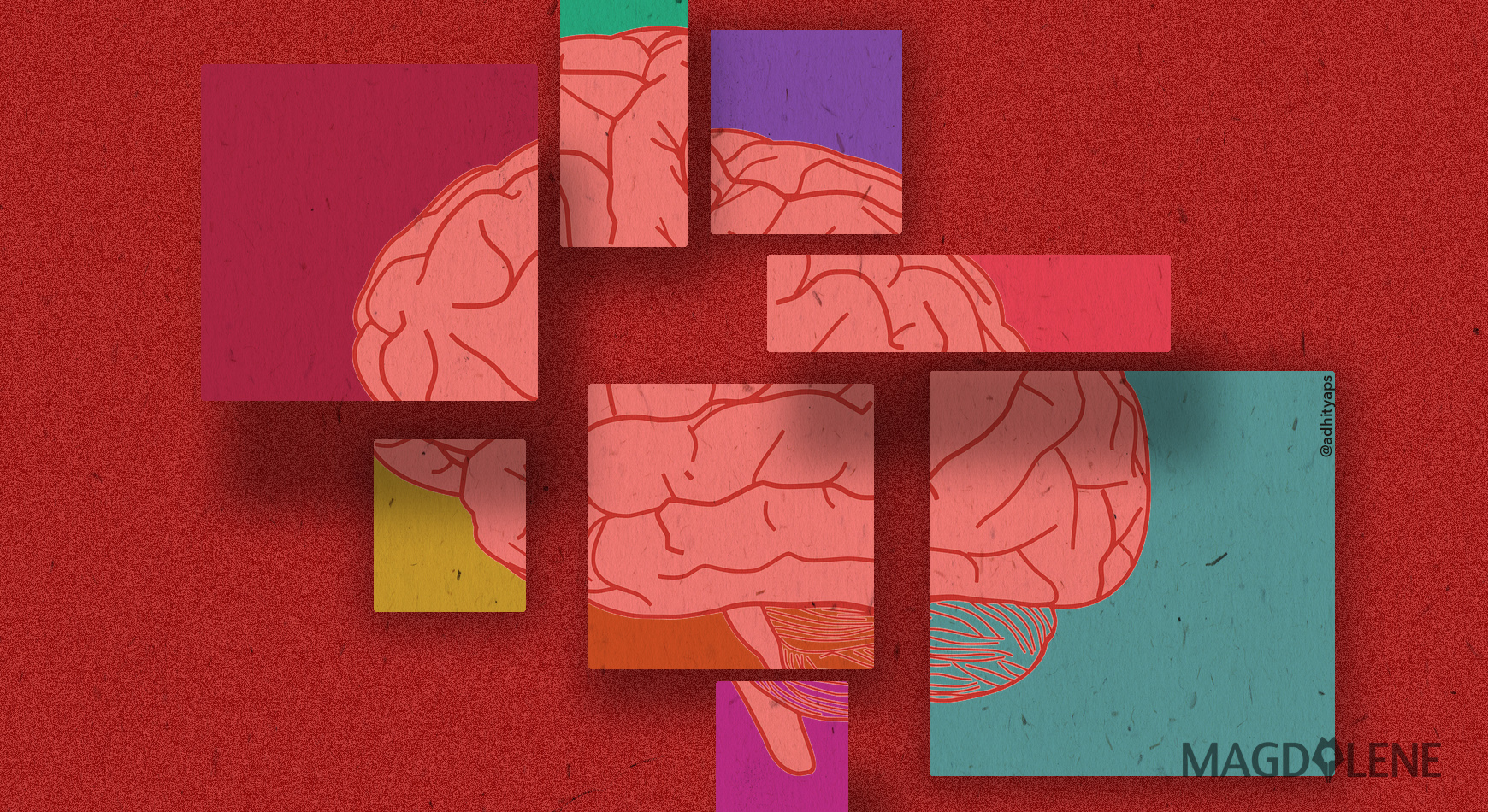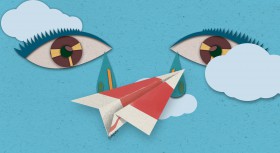“The true scarce commodity of the near future will be ‘human attention’.”
That is what chief executive officer of Microsoft, Satya Nadella, surmised after her company conducted an experiment of human attention in 2015. Microsoft measured 112 participants’ brain activities with electroencephalograph (EEG) to measure their flared brain activity. This “flare” is the activity of the brain when you give your full attention to something. The research concluded that people’s average attention span is 8 seconds. For comparison: the attention span of a gold fish is 9!
Since the year 2000, around the time the mobile technology revolution began, the average attention span has dropped from 12 seconds to eight seconds. So what happened between 2000 and 2015? Well, let’s see: Vine, Instagram Story, Snapchat, Twitter, Facebook and all those icons you have in your “Social Media” folder – those happened. But have all these apps really made us more forgetful than a gold fish?
Perhaps not directly, but with video-sharing platforms on which users can upload 6-second long video enjoying a lucrative business, it’s obvious that people really don’t mind short – like, reaaally short – digital entertainment.
After Vine in 2013, numerous social media platforms relying on short-time content have grown in popularity. Among them, Snapchat, where you share content that would vanish in 24 hours, followed by Instagram Story, and another Instagram feature, Boomerang, that allows you to produce a looping 3-second moving picture. All of these features and platforms share something in common: you aren’t meant to look at it longer than 10 seconds. So, unless it is a very funny and witty Vine, you really should contemplate why you’ve wasted your lunch break looking at a 6 seconds video for the 20th time.
Microsoft theorizes that the our brains adapt to the digital lifestyle and change itself over time, resulting in a weaker attention span, since the content we consume doesn’t require a strong attention span. This evolving brain function is reflected on the Microsoft survey that found 77 percent of people aged 18 to 24 responded "yes" when asked, “When nothing is occupying my attention, the first thing I do is reach for my phone,” compared with only 10 percent of those over the age of 65.
The majority of the youngster also really have to concentrate hard to stay focused on tasks, as they get side tracked from what they’re doing by unrelated thoughts or day dreams, and don’t make the best use of their time. Consequently, sometimes they have to work late or weekends. It’s not all gloomy future for us, however. On the positive side, we also are better at simultaneously processing information from different sources.
But to put it briefly, we young people are more easily distracted by multiple streams of media. This writer agree to this wholeheartedly. Case in point: this writer made this piece to distract herself from her college assignments.
So what if our attention span is short anyway?
Well, it affects how we resolve issues in our day-to-day affairs. We flip for the next channel when the ads are too long; we skip customer term of references and proceed directly by clicking “I Agree”; we bribe our way to avoid dealing with time-consuming bureaucracy. News sites grab our attentions with their provocative, click-baiting headlines and it bleeds into our politics, with fear-mongering slogans replacing anything that requires sustained thoughts and fact checking.
Shortened attention span also affects how we resolve issues in global sphere. Matt Richtel from The New York Times argued that crisis of attention threatens our global society’s ability to address and resolve increasingly complex international global conflicts at the highest level.
It is disturbing to see a meme picturing a man watching the news of a bombing in a Middle Eastern town and saying, “I’ve seen this episode before.” But it is somewhat understandable, because we are bombarded with news of bombings and destruction 24/7. And we haven’t even finished paying our condolences to a unfortunate event, when our LINE Today informs us of another bombing in another city. The wave of information, although very important to call for fast response, also creates distraction and diversion that will decrease the human connection required to get parties together to talk through and resolve differences, a process that usually takes time.
Crisis of attention will keep us from thinking through things over time because our brain constantly demands to be stimulated by fresh events. Direct communication skills will grow hazy as we connect more with the digital plaything in front of us rather than the human in front of us, too.
This phenomena calls for us to think hard – thus resisting our short attention span in the process – of the effect of digital media to our way of thinking. Not all of it is bad, as we now are more apt to multitask and, hence, are getting more things done. But we also need to address how we could make the best out of the waves of information served to us by social media and online news site. How we could actually help people in needs, instead of merely hashtagging an issue.
The world is in a crisis of poverty, and not just in terms of living standard, but in the context pictured by Herbert Simon, Nobel winner on Economics: “[What information consumes is] the attention of its recipients. Hence a wealth of information creates a poverty of attention.”
Halida Rizkina is an International Relations student who has too much flight response instead of fight. She is in the middle of thesis distraction project. Look! Another interesting link to click on!








Comments